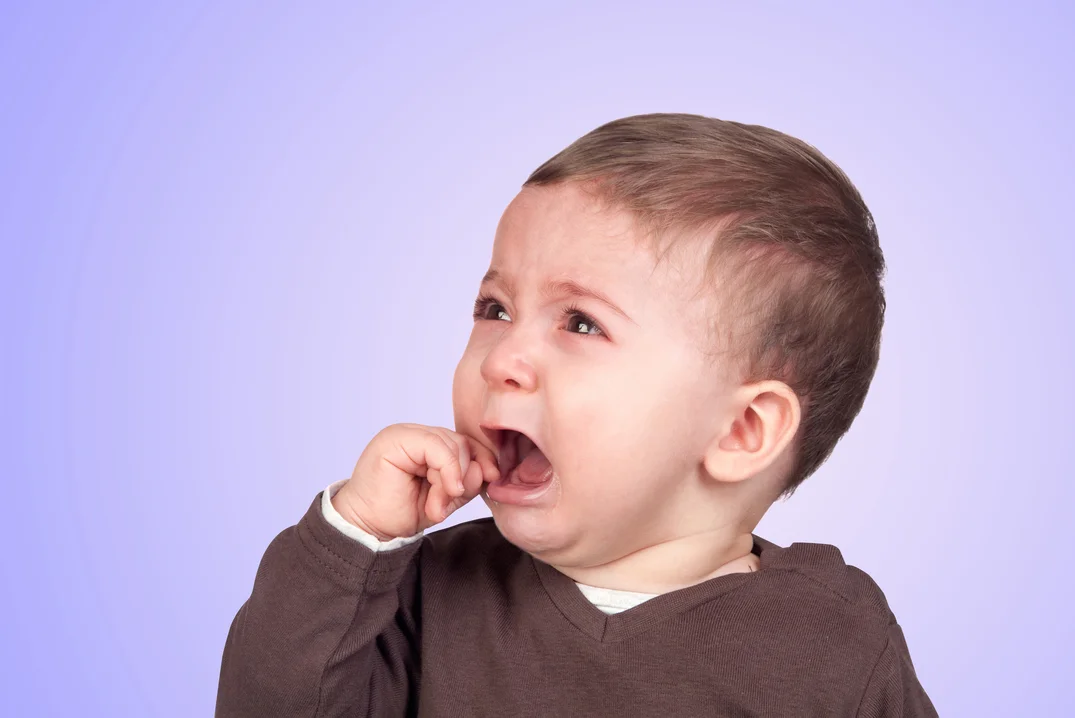This is a common question I get asked by clients …
Here’s my answer:
Most of the time, the problem isn’t the solutions causing you the anger, but the self-worth attachment you have to NEEDING the solutions to work.
We live in an instant gratification world where everything is at our fingertips and so often I see parents get attached to the outcome of implementing solutions – expecting immediate results. There’s no flexibility in between the now and the outcome.









